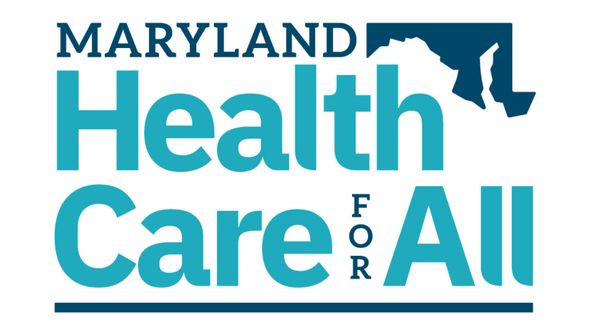With the growing use of e-cigarettes by teenagers – and the associated health risks – prominent in the news, the Maryland Healthcare for All Coalition is launching a video Wednesday demonstrating the success of alcohol and tobacco taxes to address public health issues in the state.
The video is a companion to a comprehensive study released earlier this year by the Abell Foundation showing steep reductions in alcohol consumption and tobacco use, especially among young people, after tax increases were enacted.
The ad, produced by the Maryland Health Care for All Coalition, is not associated with any current campaign to pass legislation in Annapolis but is simply meant to highlight the success Maryland has had driving down alcohol consumption and smoking rates.
“The video released today will raise awareness among policymakers and the public about this evidence-based policy solution to reduce alcohol and tobacco use and reduce healthcare spending,” said Vincent DeMarco, president of the coalition. “Developing an evidence based policy solution is the first step in transforming public will into public policy.”
The Abell Foundation study, “Public Health Policy in Maryland: Lessons from Recent Alcohol and Cigarette Tax Policies,” was conducted by experts at the Johns Hopkins School of Public Health. The study concluded that taxing some consumer products is a policy strategy that has the potential to improve the public’s health.
The authors found that following the 3 percent state alcohol sales tax increase in 2011, binge drinking by Maryland adults decreased by 17 percent in Maryland between 2011 and 2016 and was greater than the 6 percent reduction nationally. There was also a decrease in alcohol-positive drivers and in sexually transmitted infections in Maryland.
Following the $1 per pack cigarette tax increase in 2008 smoking by Maryland adults decreased by 26 percent among current smokers between 2011 and 2016.
Among high school students the study found that there was a 47 percent reduction in students who reported smoking a cigarette in the preceding 30 days between 2007 and 2015. In 2007, 17 percent of Maryland high school students reported smoking at least once in the previous 30 days, dropping to just 9 percent in 2015. The report notes that young people who do not smoke in high school are less likely to start smoking as adults and are less likely to use other illegal substances than their smoking peers.
Click here to see a 15-second version of the ad. Click here to see a 90-second version of the ad.
Last modified: December 19, 2018


